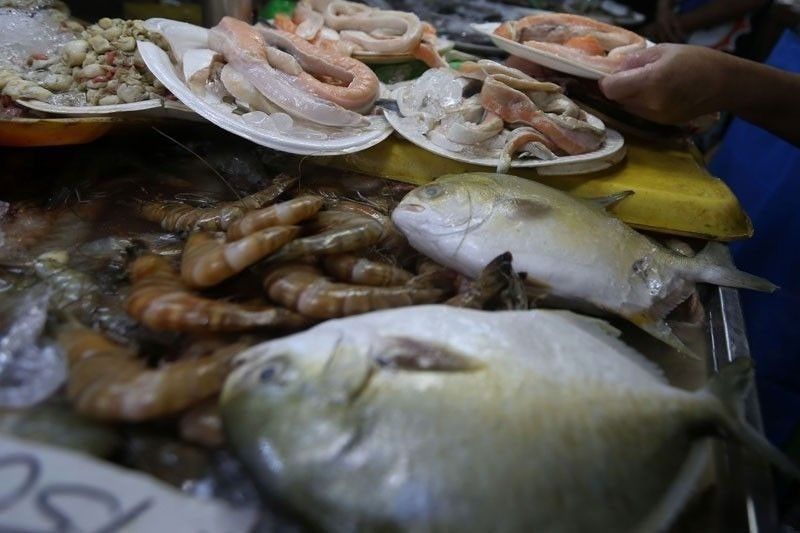Make ban on certain imported fish permanent – Pamalakaya

MANILA, Philippines — A fisher group is asking government to make permanent the ban on certain imported fish in local wet markets.
Pambansang Lakas ng Kilusang Mamamalakaya ng Pilipinas (Pamalakaya) said the Department of Agriculture (DA) and its attached Bureau of Fisheries and Aquatic Resources (BFAR) should repeal the Fisheries Administrative Order 195, which serves as a legal basis to open the floodgates for imported fish.
“While we welcome the temporary ban of certain imported fish in local wet markets, this should translate into actual policy that will permanently prohibit fish importation.As long as the policies of import liberalization are in place, our market remains exposed to cheap imported fish at the expense of our local fishing industry,” Pamalakaya national spokesman Ronnel Arambulo said in a statement.
Recently, the BFAR suspended the issuance of sanitary and phytosanitary import clearances (SPSIC) for importing certain fish species including galunggong (round scad), tulingan, alumahan (mackerel), pompano and tuna by-products to prevent the diversion of these fish products imported under FAO 195.
However, the agency issued exceptions for processors and importers who supply raw materials to processors with License to Operate issued by the Food and Drug Administration, compliant to the Food Safety Standards provided under the Food Safety Act and with a verifiable recording system of production.
Institutional buyers can also import pompano and tuna by-products if they have a verifiable recording system.
Related to its proposal to suspend importation, Pamalakaya refuted the claim of importers that this will further inflation, because it is the middlemen system that actually controls the market pricing and not the supply of fish.
It cited that the retail price of galunggong, currently at P240 per kilo, but its farm gate value remains at P120 a kilo.
“Because the fish products, before reaching local markets, pass through around three to four private traders who secure profits by marking up and consequently push the retail prices,” Arambulo said.
If there are no importation policies, the government will not have any issues on imported fish entering into wet markets, the group said.
“Instead, we reiterate our demand for a significant state support to the local fishing industry in a form of production subsidy and ensuring the exclusive rights of Filipino fisherfolk to our fishing grounds and coastal areas,” Arambulo said.
Earlier, BFAR conducted a market information drive at 21 markets in Metro Manila, in response to the reported proliferation of imported pompano and pink salmon, to inform the public and the fish vendors that imported fish can be sold if authorized.
However, this drew negative reactions from fish vendors who feared the confiscation of their products and even more criticism from lawmakers.
The bureau then declared a moratorium on confiscating imported frozen fish such as pink salmon and pompano in wet markets as it reviews its regulations and policies.
- Latest
- Trending


























